05 May 2010
Free Trade vs. Fair Trade
A debate is underway on the Economist website in which the proposal has been made that it is more important to pursue fair trade than to pursue free trade. You can read the initial pro argument by Ngaire Woods, International Political Economy Prof. and Director, Global Economic Governance, Oxford University and con argument of Jagdish Bhagwati, Economics and Law Professor, Columbia University and Senior Fellow, Council on Foreign Relations, here.
My comment was:
Ngaire Woods sometimes uses the word fair to indicate that trade was really not free trade when the restrictions in the "free trade" agreements actually belied free trade. At other times, unfair seems to mean that we simply do not like it when unskilled workers or some industries with particularly heavy regulatory or labor union burdens or old technology lose out to competitors in less developed nations.
People in the less developed countries may have a trade advantage in being paid less and a particular industry there may have fewer operational expenses for pollution controls, but they almost always have a great many disadvantages that their competitors in the developed countries do not have. We conveniently forget these when we talk about fairness, which it is extremely unfair for us to do. For instance, most underdeveloped countries have workforce educational, health, property rights infringement, unstable and capricious governments, transportation, supporting industry, telephone system, and computer system disadvantages. Pollution may cause sickness and even impose some production costs of its own. In China, the one-party system is a disadvantage. In India, such issues as the untouchables, the criminal tribes, and some discrimination against women are disadvantages. In the Muslim nations, the discrimination against women and their frequent lack of education is a disadvantage. So, when we push for fair trade, are we actually pushing to change all of these disadvantages in the less developed countries or is the push for fair trade only one to increase the costs of business in these less developed nations? It generally seems to be the latter.
It is a myth that there is any universal agreement on what is fair. But, the concept of free trade is clear, though it is heavily abused in politics. Free trade is one of the equal rights of each individual to life, liberty, and the pursuit of happiness. Each of us has the right to enter into free associations and contracts with others and legitimate government does not impose barriers to our doing so, except perhaps in war. Freedom of trade is essential to each of us in securing our lives, exercising our freedom of action, and because each trade we make is generally done to add to our happiness. Living by this principle that government is legitimate to the extent that it protects our sovereign, equal individual rights is what made the USA and generally Great Britain, at least within their own countries, as wealthy and secure as they are today. But, we can do better by more fully protecting such individual rights as the right to trade freely between all nations. If we will do this, then the living standards of many other nations will rise and wage differentials will diminish, as will pollution differentials. There is no way to really invert this development process.
Some people may not have sufficient on-the-job value to be up to living well in the well-to-do countries where more highly skilled workers are needed to sustain that level of productivity that makes the country well-to-do. This fact is not unfair of itself, but we may add elements of unfairness if we almost force workers into labor unions that destroy the companies they work for, or we impose regulations and costs by governments which are irrational upon their company or industry, [we impose tax burdens that prevent his company from making needed equipment purchases, providing training, or doing R&D,] or we put them out of their job with a minimum wage increase. But if he loses his job because a worker in Kenya can make the same widget as well and for less even after the transportation costs from there to here are paid, well, I see no unfairness in that.
[While there are some Americans who have or will lose their jobs to international competitors, free trade has helped many industries by reducing their costs and it has helped many workers to stretch their income further by being able to buy less expensive goods. In addition, U.S. companies often make considerable income from supplying their subsidiaries abroad with goods and services, allowing them to hire more American employees. Prof. Bhagwati discusses some aspects of this in a paper on his website (the link is above) called The Critiques of Capitalism After the Crisis: Myths and Fallacies.]
My comment was:
Ngaire Woods sometimes uses the word fair to indicate that trade was really not free trade when the restrictions in the "free trade" agreements actually belied free trade. At other times, unfair seems to mean that we simply do not like it when unskilled workers or some industries with particularly heavy regulatory or labor union burdens or old technology lose out to competitors in less developed nations.
People in the less developed countries may have a trade advantage in being paid less and a particular industry there may have fewer operational expenses for pollution controls, but they almost always have a great many disadvantages that their competitors in the developed countries do not have. We conveniently forget these when we talk about fairness, which it is extremely unfair for us to do. For instance, most underdeveloped countries have workforce educational, health, property rights infringement, unstable and capricious governments, transportation, supporting industry, telephone system, and computer system disadvantages. Pollution may cause sickness and even impose some production costs of its own. In China, the one-party system is a disadvantage. In India, such issues as the untouchables, the criminal tribes, and some discrimination against women are disadvantages. In the Muslim nations, the discrimination against women and their frequent lack of education is a disadvantage. So, when we push for fair trade, are we actually pushing to change all of these disadvantages in the less developed countries or is the push for fair trade only one to increase the costs of business in these less developed nations? It generally seems to be the latter.
It is a myth that there is any universal agreement on what is fair. But, the concept of free trade is clear, though it is heavily abused in politics. Free trade is one of the equal rights of each individual to life, liberty, and the pursuit of happiness. Each of us has the right to enter into free associations and contracts with others and legitimate government does not impose barriers to our doing so, except perhaps in war. Freedom of trade is essential to each of us in securing our lives, exercising our freedom of action, and because each trade we make is generally done to add to our happiness. Living by this principle that government is legitimate to the extent that it protects our sovereign, equal individual rights is what made the USA and generally Great Britain, at least within their own countries, as wealthy and secure as they are today. But, we can do better by more fully protecting such individual rights as the right to trade freely between all nations. If we will do this, then the living standards of many other nations will rise and wage differentials will diminish, as will pollution differentials. There is no way to really invert this development process.
Some people may not have sufficient on-the-job value to be up to living well in the well-to-do countries where more highly skilled workers are needed to sustain that level of productivity that makes the country well-to-do. This fact is not unfair of itself, but we may add elements of unfairness if we almost force workers into labor unions that destroy the companies they work for, or we impose regulations and costs by governments which are irrational upon their company or industry, [we impose tax burdens that prevent his company from making needed equipment purchases, providing training, or doing R&D,] or we put them out of their job with a minimum wage increase. But if he loses his job because a worker in Kenya can make the same widget as well and for less even after the transportation costs from there to here are paid, well, I see no unfairness in that.
[While there are some Americans who have or will lose their jobs to international competitors, free trade has helped many industries by reducing their costs and it has helped many workers to stretch their income further by being able to buy less expensive goods. In addition, U.S. companies often make considerable income from supplying their subsidiaries abroad with goods and services, allowing them to hire more American employees. Prof. Bhagwati discusses some aspects of this in a paper on his website (the link is above) called The Critiques of Capitalism After the Crisis: Myths and Fallacies.]
Subscribe to:
Post Comments (Atom)












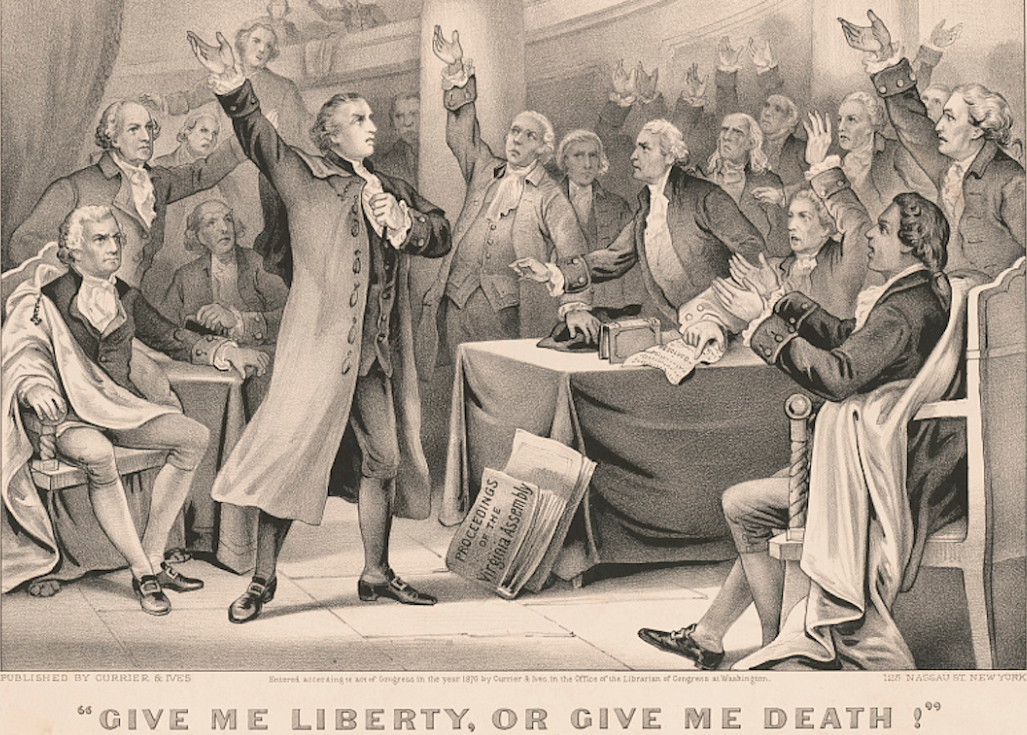

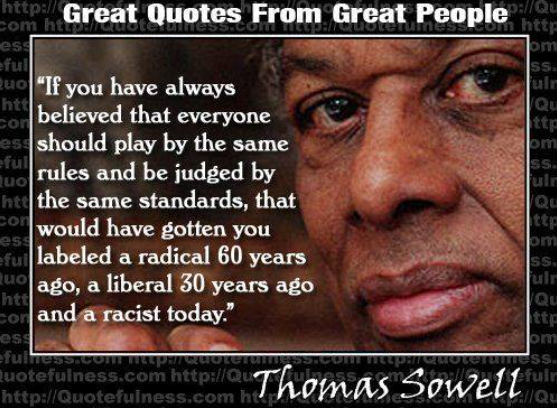
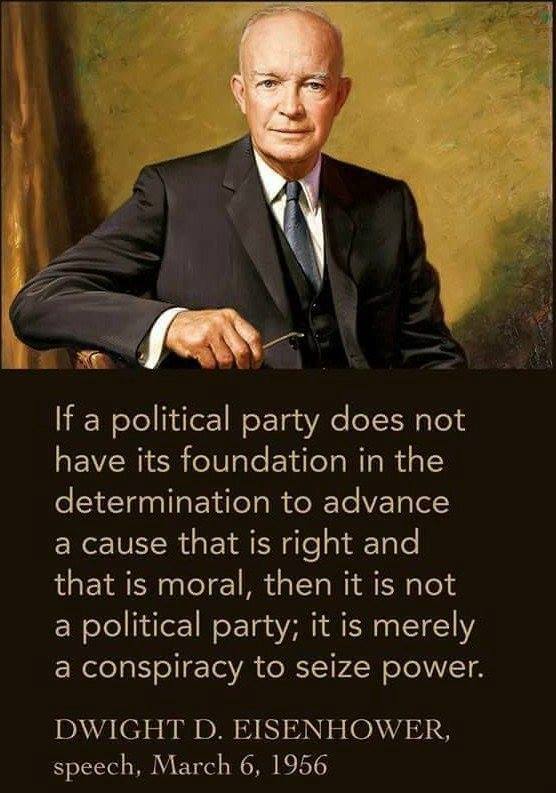
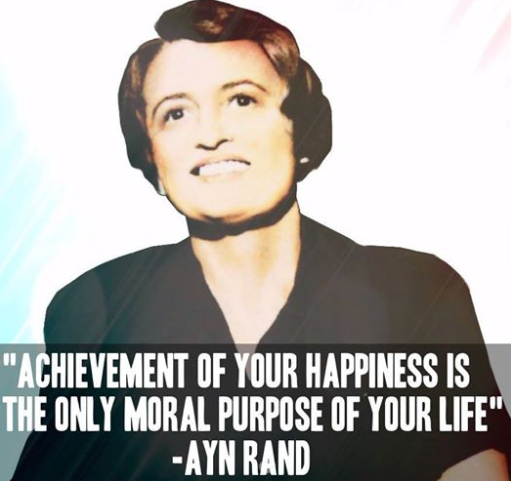


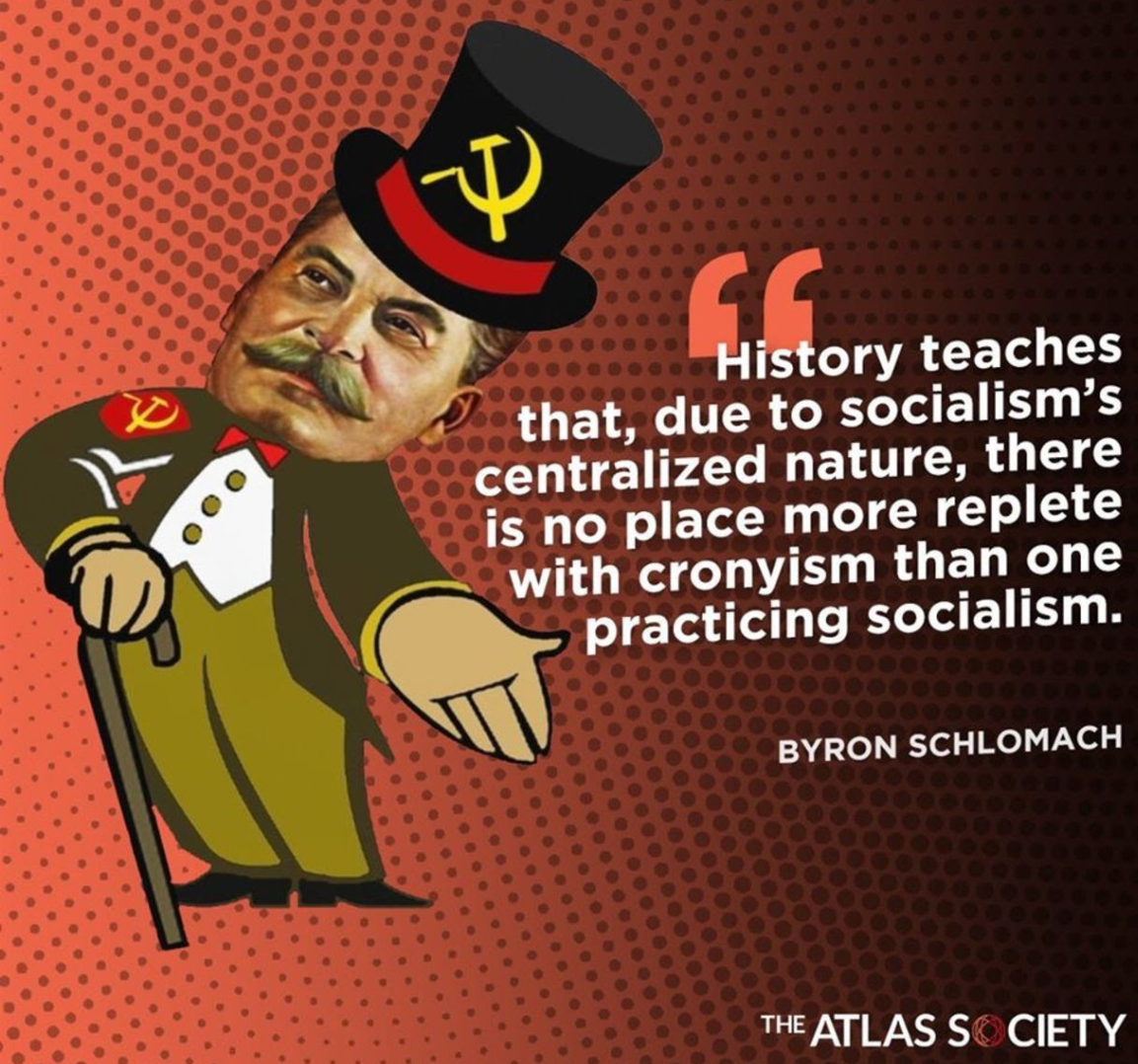
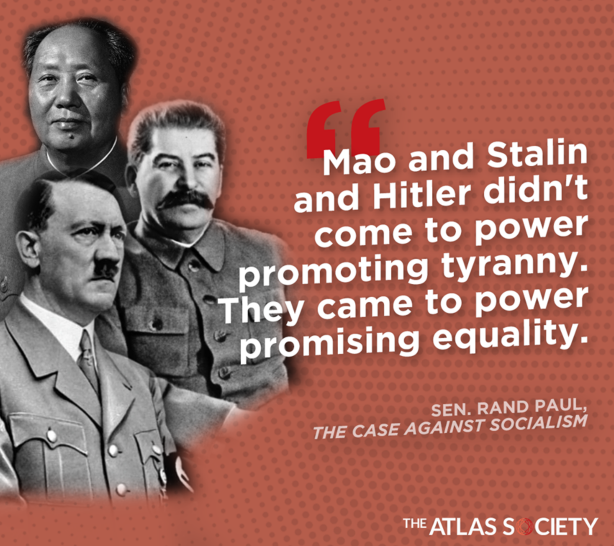
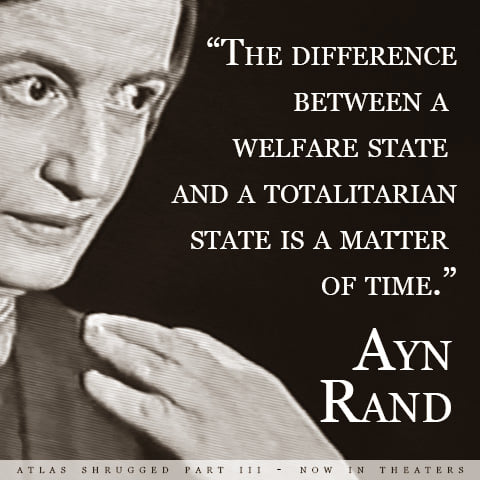

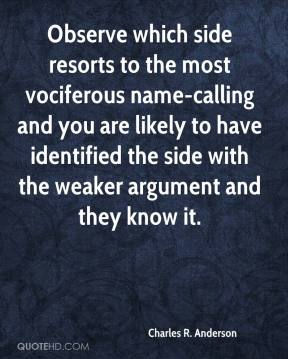
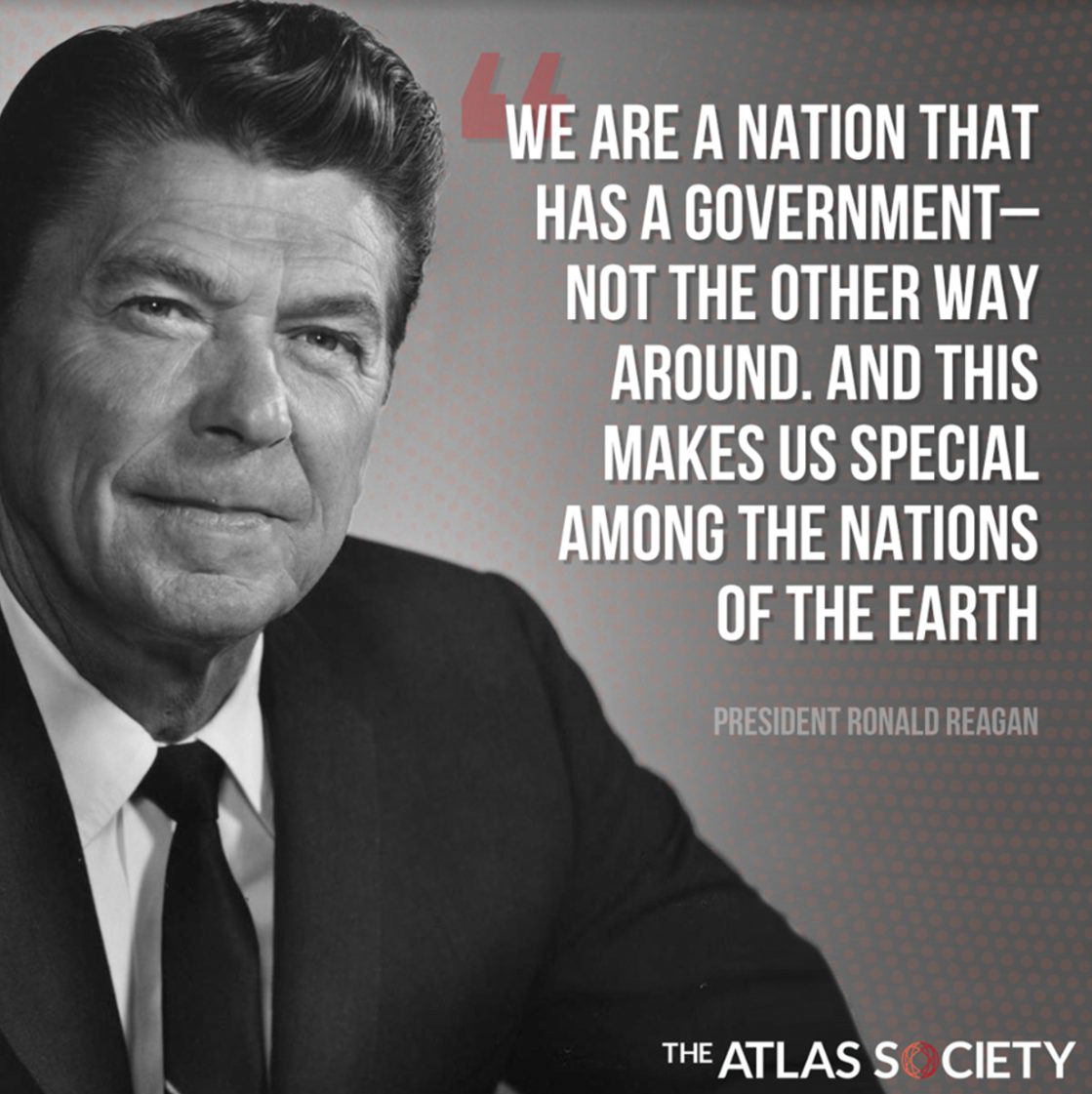




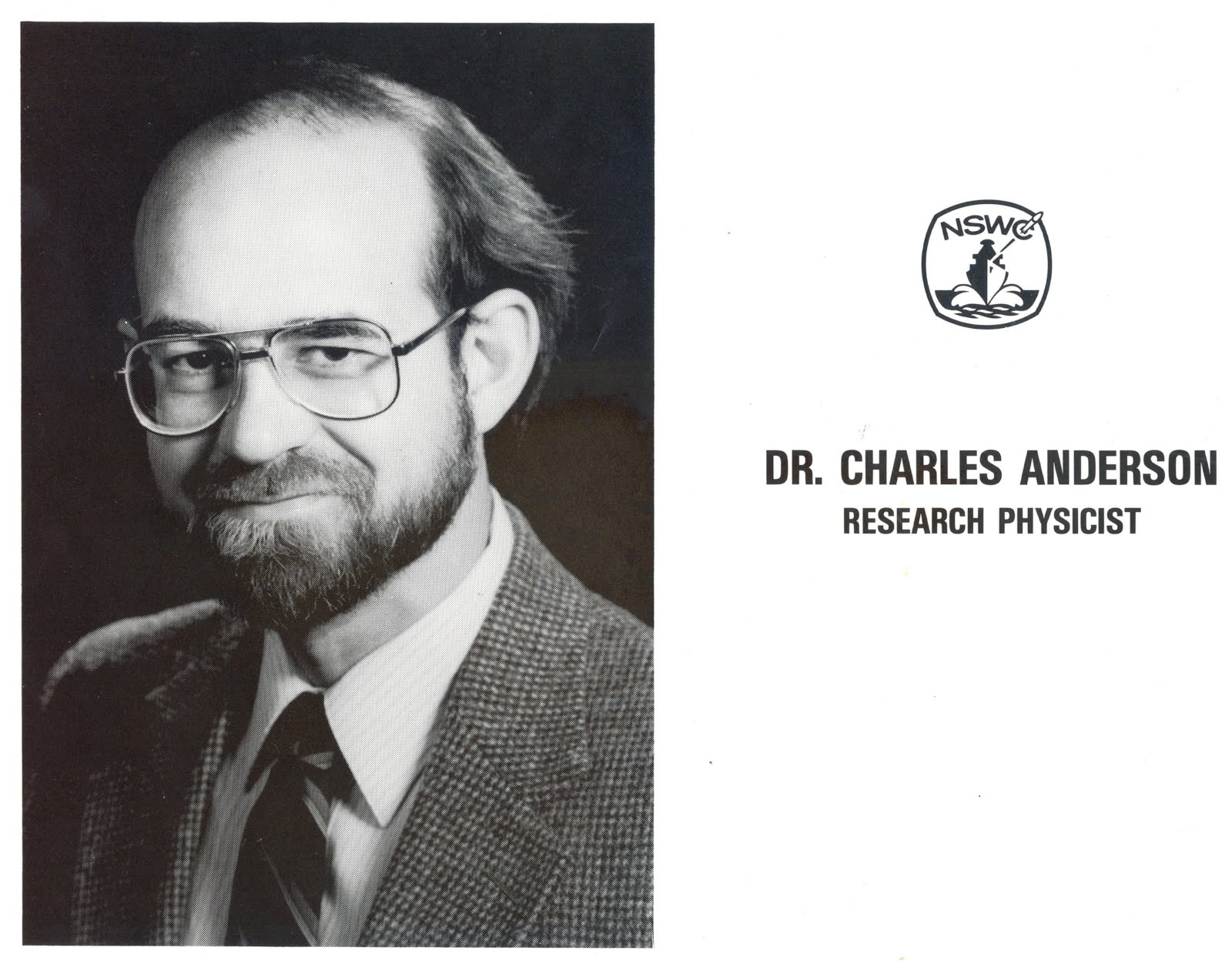


















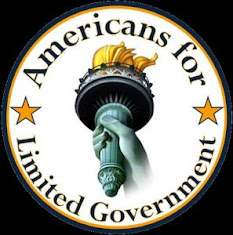
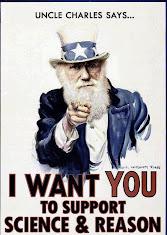













No comments:
Post a Comment